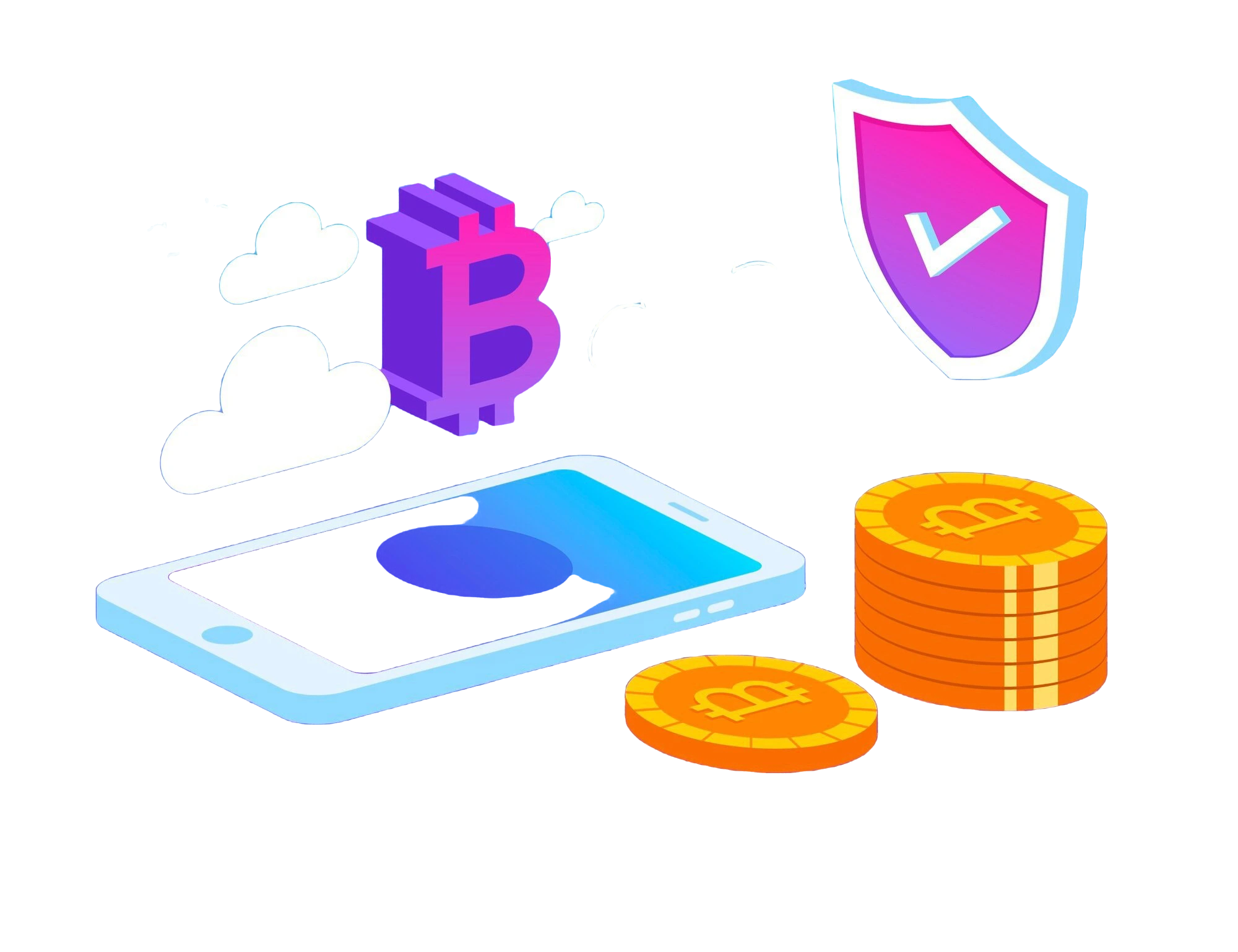Industry-Specific IT Services: Addressing Unique Business Challenges

In the ever-evolving landscape of technology, businesses across various industries face unique challenges that demand tailored IT solutions. Recognizing the distinct needs of different sectors, industry-specific IT services have emerged as a vital component of strategic business management. This article explores the significance of industry-specific IT services, shedding light on how these services address unique challenges and foster innovation.
Understanding the Landscape of Industry-Specific IT Services:
Industry-specific IT services go beyond the generic solutions and address the intricacies of particular business sectors. Whether it’s healthcare, finance, manufacturing, or any other industry, the challenges and opportunities are unique. Industry-specific IT services are designed to align with the specific requirements, regulations, and operational nuances of each sector.
1. Healthcare Industry:
The healthcare sector grapples with the need for secure, efficient, and compliant IT systems. Industry-specific IT services for healthcare include electronic health record (EHR) systems, patient data management, and compliance with healthcare regulations such as HIPAA. These services aim to streamline operations, enhance patient care, and ensure data security.
2. Financial Services:
The financial industry demands robust IT solutions to navigate the complexities of transactions, data security, and compliance. Industry-specific IT services for finance encompass secure online banking platforms, anti-fraud measures, risk management systems, and adherence to financial regulations. These services contribute to a resilient and secure financial ecosystem.
3. Manufacturing and Logistics:
Manufacturing and logistics face challenges related to supply chain management, process optimization, and real-time monitoring. Industry-specific IT services in this sector include enterprise resource planning (ERP) systems, IoT integration for smart manufacturing, and logistics management software. These services enhance efficiency, reduce costs, and ensure seamless operations.
4. Retail and E-commerce:
The retail and e-commerce industry relies on IT solutions to deliver personalized customer experiences and manage complex inventories. Industry-specific IT services for retail include e-commerce platforms, point-of-sale systems, inventory management, and customer relationship management (CRM) tools. These services contribute to a dynamic and responsive retail environment.
5. Education:
The education sector requires IT solutions to facilitate e-learning, manage student data, and ensure cybersecurity in an increasingly digital learning environment. Industry-specific IT services for education include learning management systems (LMS), student information systems (SIS), and cybersecurity measures tailored for educational institutions.
6. Legal Services:
Legal services necessitate secure and efficient IT solutions to manage case information, document storage, and communication. Industry-specific IT services for legal practices include case management software, document automation tools, and secure communication platforms. These services enhance collaboration and streamline legal workflows.
7. Energy and Utilities:
The energy and utilities sector faces challenges related to resource management, grid optimization, and sustainability. Industry-specific IT services in this domain include smart grid solutions, asset management systems, and data analytics for predictive maintenance. These services contribute to the efficient and sustainable management of energy resources.
8. Hospitality and Tourism:
The hospitality industry relies on IT for reservation systems, customer relationship management, and personalized guest experiences. Industry-specific IT services in hospitality include property management systems (PMS), online booking platforms, and guest loyalty programs. These services enhance operational efficiency and guest satisfaction.
9. Telecommunications:
The telecommunications sector requires agile and scalable IT solutions to manage network infrastructure, billing systems, and customer interactions. Industry-specific IT services in telecommunications include network management tools, billing software, and customer experience solutions. These services support the rapid evolution of communication technologies.
10. Agriculture:
Agriculture is increasingly leveraging IT solutions to enhance precision farming, crop monitoring, and supply chain management. Industry-specific IT services for agriculture include farm management software, IoT-enabled sensors for crop monitoring, and supply chain optimization tools. These services contribute to sustainable and efficient agricultural practices.
Conclusion:
In conclusion, industry-specific IT services play a pivotal role in addressing the unique challenges faced by businesses in various sectors. The tailored solutions not only address industry-specific requirements but also foster innovation, efficiency, and compliance with regulations. As technology continues to advance, the collaboration between businesses and industry-specific IT service providers becomes increasingly critical for staying competitive and resilient in the face of industry-specific challenges.
The strategic adoption of industry-specific IT services empowers businesses to harness the full potential of technology, aligning IT solutions with their specific operational needs and goals. From enhancing patient care in healthcare to streamlining supply chain management in manufacturing, industry-specific IT services contribute to the overall success and sustainability of businesses across diverse sectors.
As businesses navigate the digital transformation journey, the partnership with a knowledgeable and experienced industry-specific IT service provider becomes a strategic imperative. By understanding the unique challenges and opportunities within their respective industries, businesses can leverage technology to drive growth, innovation, and lasting success.
Understanding the Landscape of Industry-Specific IT Services:
Industry-specific IT services go beyond the generic solutions and address the intricacies of particular business sectors. Whether it’s healthcare, finance, manufacturing, or any other industry, the challenges and opportunities are unique. Industry-specific IT services are designed to align with the specific requirements, regulations, and operational nuances of each sector.
1. Healthcare Industry:
The healthcare sector grapples with the need for secure, efficient, and compliant IT systems. Industry-specific IT services for healthcare include electronic health record (EHR) systems, patient data management, and compliance with healthcare regulations such as HIPAA. These services aim to streamline operations, enhance patient care, and ensure data security.
2. Financial Services:
The financial industry demands robust IT solutions to navigate the complexities of transactions, data security, and compliance. Industry-specific IT services for finance encompass secure online banking platforms, anti-fraud measures, risk management systems, and adherence to financial regulations. These services contribute to a resilient and secure financial ecosystem.
3. Manufacturing and Logistics:
Manufacturing and logistics face challenges related to supply chain management, process optimization, and real-time monitoring. Industry-specific IT services in this sector include enterprise resource planning (ERP) systems, IoT integration for smart manufacturing, and logistics management software. These services enhance efficiency, reduce costs, and ensure seamless operations.
4. Retail and E-commerce:
The retail and e-commerce industry relies on IT solutions to deliver personalized customer experiences and manage complex inventories. Industry-specific IT services for retail include e-commerce platforms, point-of-sale systems, inventory management, and customer relationship management (CRM) tools. These services contribute to a dynamic and responsive retail environment.
5. Education:
The education sector requires IT solutions to facilitate e-learning, manage student data, and ensure cybersecurity in an increasingly digital learning environment. Industry-specific IT services for education include learning management systems (LMS), student information systems (SIS), and cybersecurity measures tailored for educational institutions.
6. Legal Services:
Legal services necessitate secure and efficient IT solutions to manage case information, document storage, and communication. Industry-specific IT services for legal practices include case management software, document automation tools, and secure communication platforms. These services enhance collaboration and streamline legal workflows.
7. Energy and Utilities:
The energy and utilities sector faces challenges related to resource management, grid optimization, and sustainability. Industry-specific IT services in this domain include smart grid solutions, asset management systems, and data analytics for predictive maintenance. These services contribute to the efficient and sustainable management of energy resources.
8. Hospitality and Tourism:
The hospitality industry relies on IT for reservation systems, customer relationship management, and personalized guest experiences. Industry-specific IT services in hospitality include property management systems (PMS), online booking platforms, and guest loyalty programs. These services enhance operational efficiency and guest satisfaction.
9. Telecommunications:
The telecommunications sector requires agile and scalable IT solutions to manage network infrastructure, billing systems, and customer interactions. Industry-specific IT services in telecommunications include network management tools, billing software, and customer experience solutions. These services support the rapid evolution of communication technologies.
10. Agriculture:
Agriculture is increasingly leveraging IT solutions to enhance precision farming, crop monitoring, and supply chain management. Industry-specific IT services for agriculture include farm management software, IoT-enabled sensors for crop monitoring, and supply chain optimization tools. These services contribute to sustainable and efficient agricultural practices.
Conclusion:
In conclusion, industry-specific IT services play a pivotal role in addressing the unique challenges faced by businesses in various sectors. The tailored solutions not only address industry-specific requirements but also foster innovation, efficiency, and compliance with regulations. As technology continues to advance, the collaboration between businesses and industry-specific IT service providers becomes increasingly critical for staying competitive and resilient in the face of industry-specific challenges.
The strategic adoption of industry-specific IT services empowers businesses to harness the full potential of technology, aligning IT solutions with their specific operational needs and goals. From enhancing patient care in healthcare to streamlining supply chain management in manufacturing, industry-specific IT services contribute to the overall success and sustainability of businesses across diverse sectors.
As businesses navigate the digital transformation journey, the partnership with a knowledgeable and experienced industry-specific IT service provider becomes a strategic imperative. By understanding the unique challenges and opportunities within their respective industries, businesses can leverage technology to drive growth, innovation, and lasting success.



